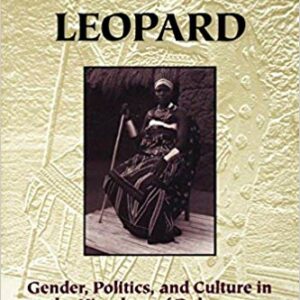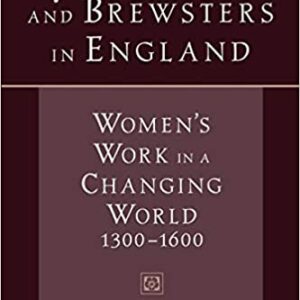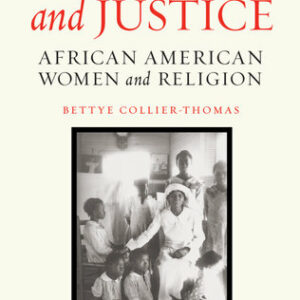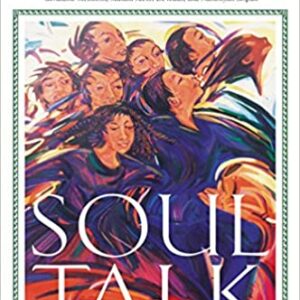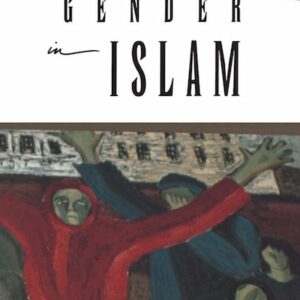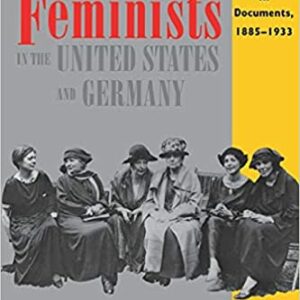
Social Justice Feminists in the United States and Germany: A Dialogue in Documents, 1885-1933
Edited by Kathryn Kish Sklar (NHC Fellow, 1995–96), Anja Schüler, and Susan Strasser Women reformers in the United States and Germany maintained a brisk dialogue between 1885 and 1933. Drawing on one another's expertise, they sought to alleviate a wide array of social injustices generated by industrial capitalism, such as child labor and the exploitation … Continued
